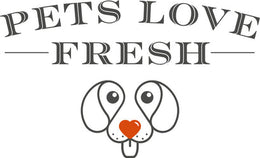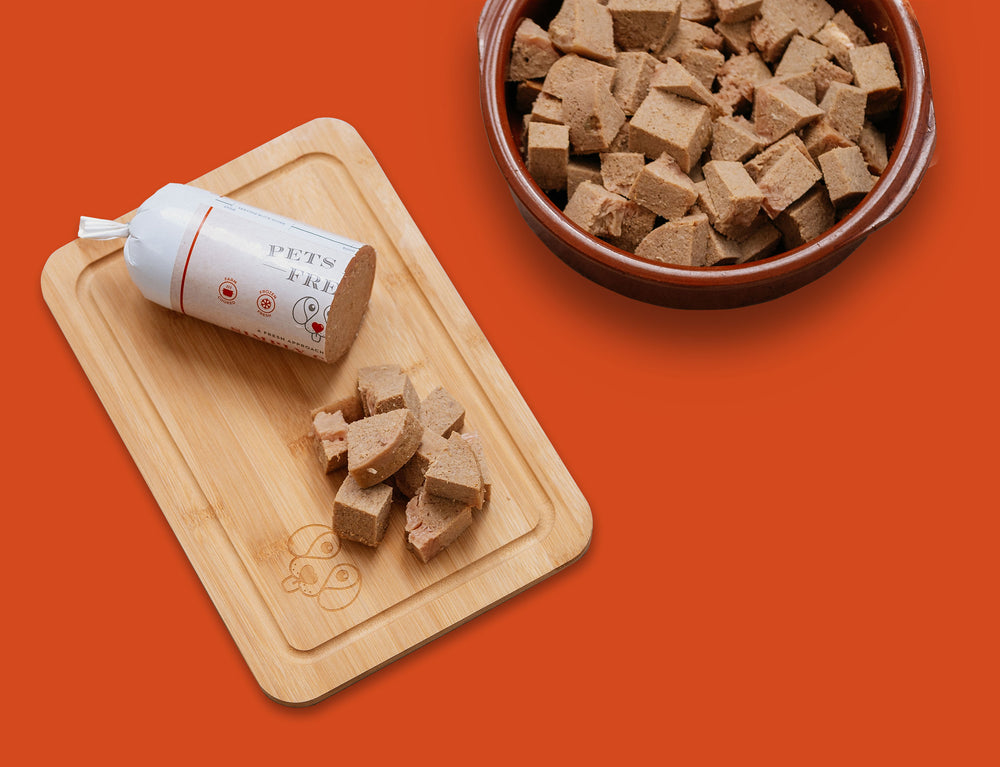How can I prevent bloat in dogs?
Bloating in dogs, also known as gastric dilatation-volvulus (GDV) or bloat, is a serious condition. While there is no guaranteed way to prevent bloat, there are some practices that may help reduce the risk:
Feeding Practices
Feed your dog multiple small meals throughout the day instead of one large meal. Use elevated feeding bowls (Recent studies have shown that this can actually increase the risk of GDV, so I’d advise the opposite) to reduce the amount of air swallowed during meals. Consider slow-feeder bowls to slow down eating and discourage gulping.
Avoid Excessive Exercise After Meals
Avoid strenuous exercise, especially after meals. Wait at least an hour before engaging in vigorous activity.
Water Consumption
Limit water intake during and immediately after meals, as excessive drinking can contribute to bloat.
Meal Composition
Choose a high-quality, easily digestible diet for your dog. Avoid feeding your dog foods with citric acid or high-fat content, as these factors have been associated with an increased risk of bloat.
Regular Vet Check-ups
Schedule regular veterinary check-ups to monitor your dog's overall health and discuss any concerns.
Know your Breed
Be aware that certain breeds, particularly deep-chested breeds like Great Danes, Boxers, and Dobermans, are more prone to bloat. In these dogs, it may be worth considering a prophylactic surgery called a ‘gastropexy’, whereby the stomach is tacked to the abdominal wall, so it cannot twist. This is often done during neutering.
Monitor Behaviour
Be attentive to signs of discomfort or distress, such as pacing, restlessness, or unproductive attempts to vomit. Seek veterinary attention immediately if you observe these signs.
It's important to note that while these practices may help reduce the risk of bloat, they cannot guarantee prevention. If you suspect your dog is experiencing bloat, seek emergency veterinary care immediately, as this condition requires prompt medical attention.

